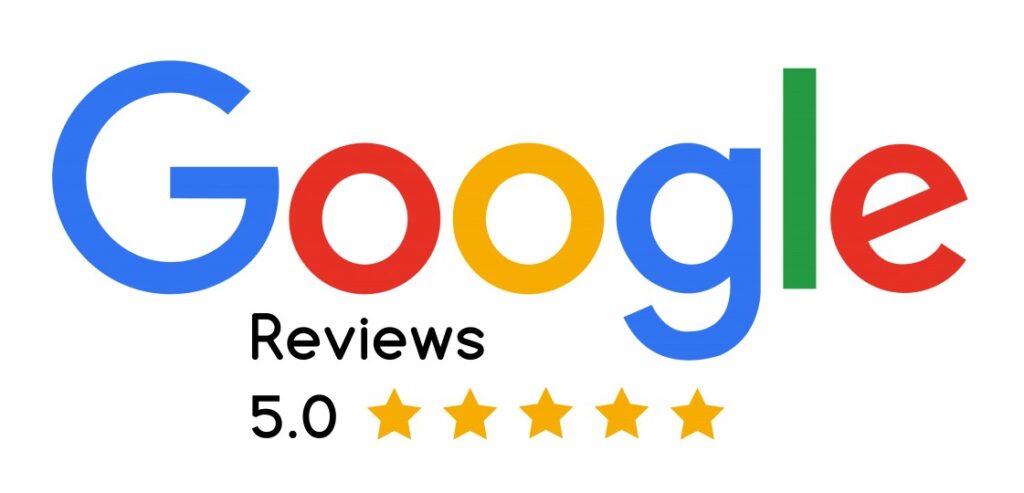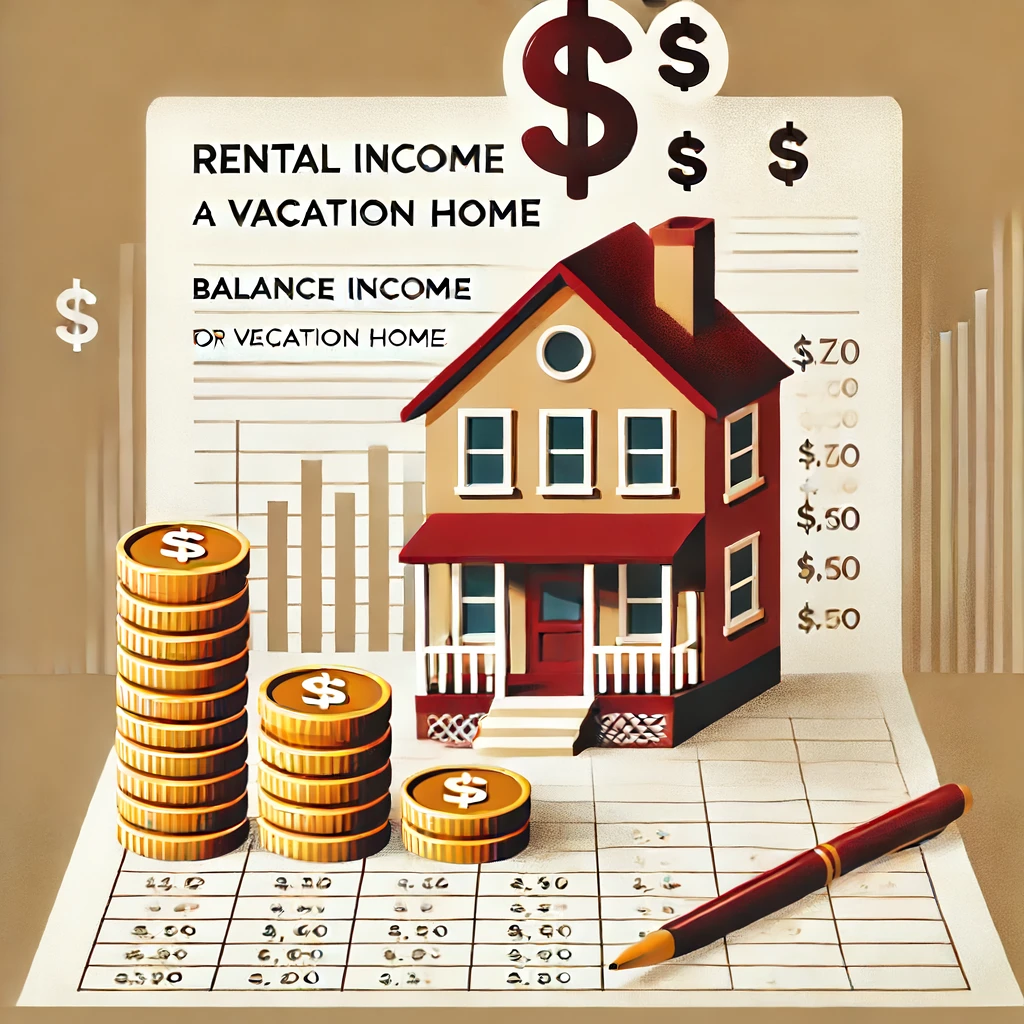Renting out a vacation home can be a rewarding and profitable endeavor. However, navigating the tax implications can be complex. Understanding and adhering to tax rules is crucial to avoid legal complications and to maximize the financial benefits of your rental property. Here’s an in-depth look at the essential tax-related rules and guidelines for vacation home rentals, with a focus on Idaho-specific regulations.
Understanding Taxable Income
Rental Income
When you rent out your vacation home, the income you receive is generally taxable. This includes not only the rent itself but also any additional fees such as cleaning fees, pet fees, or charges for extra amenities. It’s important to report all these sources of income accurately to avoid issues with the IRS and Idaho State Tax Commission.
Personal Use vs. Rental Use
The IRS has specific rules regarding personal use versus rental use of your vacation property. If you use the property yourself for more than 14 days a year or more than 10% of the total days it is rented out, the property is considered a personal residence. This distinction is important because it affects what expenses you can deduct and how you report income.
- Personal Use: Days you or a family member use the property, days rented below fair market value, and days used by anyone donating a rental fee are considered personal use.
- Rental Use: Days rented at fair market value are considered rental use. Even if you allow friends or family to stay for free or at a reduced rate, those days count as personal use.
Deductible Expenses
Understanding what expenses are deductible can significantly impact your taxable income. The following are some common deductible expenses associated with vacation home rentals:
Operating Expenses
Operating expenses are the day-to-day costs associated with running your rental property. These can include:
- Utilities: Electricity, water, gas, and other utility bills.
- Maintenance and Repairs: Costs of maintaining the property and making necessary repairs.
- Cleaning Fees: Costs of cleaning the property between guests.
- Advertising: Expenses related to marketing your rental property, such as listing fees on rental platforms.
Depreciation
Depreciation allows you to deduct the cost of the property over its useful life. The IRS has set periods over which different types of property must be depreciated. For residential rental properties, this period is 27.5 years. This means you can deduct a portion of the property’s cost each year, which can significantly reduce your taxable income.
Mortgage Interest and Property Taxes
If you have a mortgage on your vacation home, the interest you pay on the loan is generally deductible. Additionally, property taxes paid on the rental property are also deductible. These deductions can be substantial, especially if you have a high mortgage interest rate or if your property is in an area with high property taxes.
Record-Keeping
Good record-keeping is essential for managing your vacation home rental business and ensuring you comply with tax regulations. Proper documentation will help you substantiate your income and expense claims in case of an IRS audit.
Documentation
Keep thorough records of all income and expenses related to your vacation home rental. This includes receipts, invoices, bank statements, and any other documentation that supports your tax deductions. Organized records make it easier to prepare your tax return and defend your deductions if they are ever questioned.
Log of Personal Use
Maintaining a log of your personal use of the property is crucial. This log should include the dates you used the property, the purpose of the use, and the number of days the property was rented. This information will help you accurately determine the percentage of time the property was used for personal versus rental purposes, which affects your deductible expenses.
State and Local Taxes in Idaho
In addition to federal taxes, you need to be aware of Idaho state and local tax obligations related to your vacation rental property.
Idaho Sales and Use Tax
In Idaho, short-term rentals (less than 30 days) are subject to sales tax. As a vacation rental owner, you must collect sales tax from your guests and remit it to the Idaho State Tax Commission. The current Idaho state sales tax rate is 6%, but local option taxes may also apply depending on the location of your rental property.
Travel and Convention Tax
Idaho imposes a 2% travel and convention tax on the rental of hotel/motel rooms and short-term lodging, including vacation rentals. This tax is in addition to the state sales tax and any local option taxes.
Occupancy Taxes
Many local jurisdictions in Idaho require the collection of occupancy taxes from guests. These taxes are similar to hotel taxes and are typically based on a percentage of the rental rate. Ensure you understand the occupancy tax requirements in your area, including the tax rate and how to remit the taxes collected to the appropriate authorities.
Business Licenses and Permits
Some areas in Idaho require vacation rental owners to obtain business licenses or permits. These regulations vary widely by location, so it’s important to check with your local government to determine what licenses or permits you need. Failure to comply with local licensing requirements can result in fines or other penalties.
Reporting Requirements
Properly reporting your rental income and expenses is crucial to avoid issues with the IRS and the Idaho State Tax Commission and to ensure you’re taking advantage of all available deductions.
IRS Forms
To report your rental income and expenses, you’ll typically use Schedule E (Form 1040). This form allows you to list your rental income, deductible expenses, and depreciation. If you use the property for personal purposes, you may also need to file Form 8825, which is used to report income and expenses from rental real estate activities.
Idaho State Tax Returns
In addition to federal tax returns, you must file state tax returns with the Idaho State Tax Commission if you earn rental income. Use Idaho Form 40 to report your rental income and expenses. Be sure to understand the specific requirements for reporting rental income in Idaho to ensure compliance.
Professional Advice
Given the complexity of tax laws, especially those related to vacation home rentals, it’s often beneficial to seek professional advice.
Consult a Tax Professional
A tax professional can help ensure you are complying with all applicable tax laws and maximizing your allowable deductions. They can also provide guidance on how to structure your rental business to minimize your tax liability. Whether you choose a CPA, tax attorney, or enrolled agent, working with a professional can provide peace of mind and help you avoid costly mistakes.
Special Considerations
There are several special considerations and potential pitfalls to be aware of when it comes to taxes on vacation home rentals.
Passive Activity Loss Rules
Rental activities are generally considered passive activities, and losses from passive activities can only be used to offset income from other passive activities. However, there is an exception for individuals who actively participate in the management of their rental property. If you meet the active participation requirements, you may be able to deduct up to $25,000 of rental losses against your non-passive income.
Home Office Deduction
If you manage your vacation rental business from a home office, you may be eligible for a home office deduction. This deduction allows you to deduct a portion of your home expenses, such as mortgage interest, property taxes, utilities, and insurance, based on the percentage of your home used for business purposes.
14-Day Rule
If you rent out your vacation home for 14 days or less during the year, you are not required to report the rental income. However, you also cannot deduct any rental-related expenses. This rule can be beneficial if you only rent out your property occasionally.
Conclusion
Managing the tax aspects of a vacation home rental can be complex, but it is essential for maximizing the financial benefits of your rental property and avoiding legal complications. By understanding the rules around taxable income, deductible expenses, record-keeping, state and local taxes, and reporting requirements, you can ensure compliance with tax laws and make the most of your investment. Additionally, seeking professional advice can help you navigate the complexities and optimize your tax strategy. Always stay informed about changes in tax laws and regulations to maintain compliance and ensure the continued success of your vacation home rental business in Idaho.



